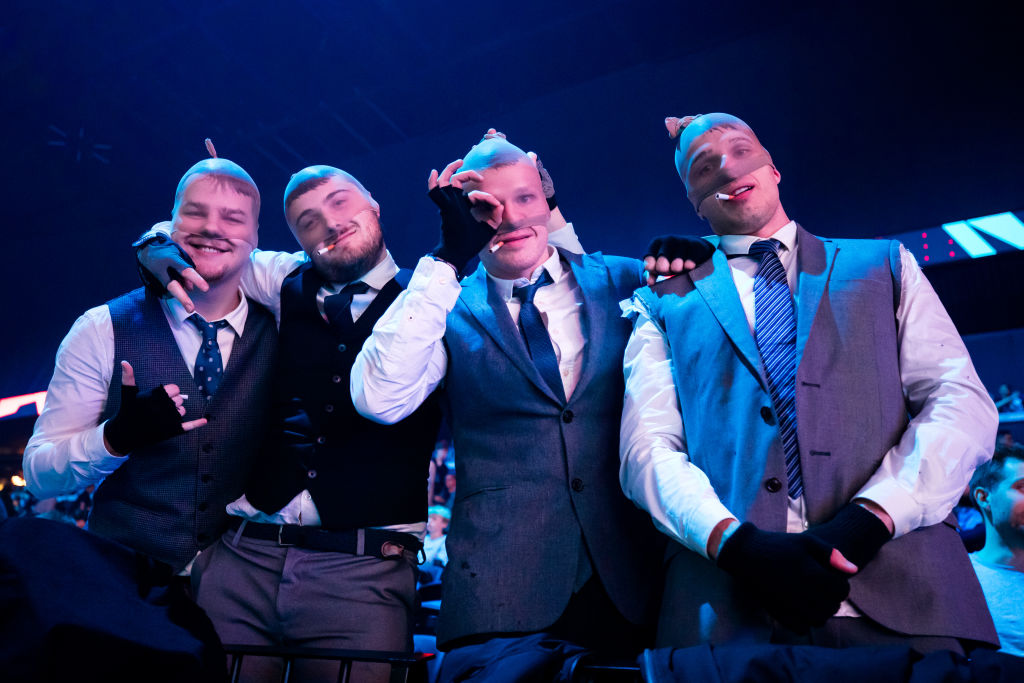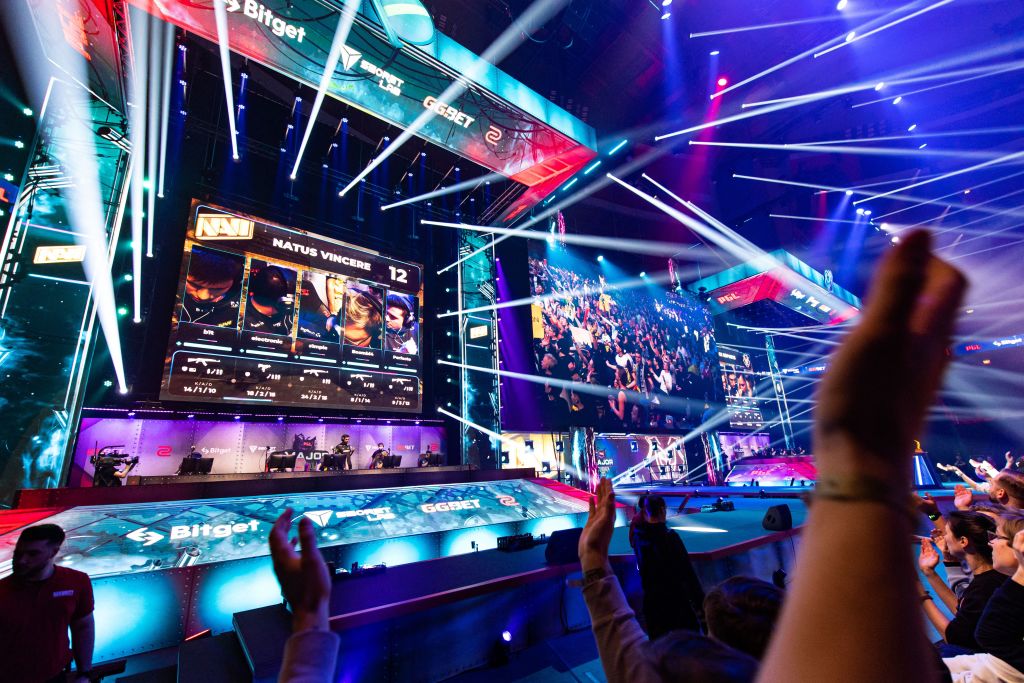CS:GO's next major is being hosted by PGL, and fans do not like that
PGL's 2021 Stockholm Major was beset by production issues.

Valve has announced that Counter-Strike: Global Offensive's first Major of 2022 will be held in Antwerp, Belgium, and hosted by PGL Esports. The Antwerp Sportpaleis will be the venue for the competition's later stages, and has a max capacity of 23,000. The preliminary rounds will be broadcast in 4K from May 9, and the playoffs take place over May 19-22 (the bit held in the arena).
Hurray! Erm... except last year's Stockholm Major, also run by PGL, was something of a mess. It began with a host of audio and production issues during the early stages, with the broadcast cutting out entirely at some points, difficulties with the crowd noise being inaudible, commentators being too quiet or too loud, long delays before certain matches, and various other gaffes. It reached the stage where the analysts and commentary team were taking the mickey. In PGL's defense things got a lot better after the early stages but, initially at least, this was not a well-run Major.
So Counter-Strike fans did not respond to the news with overwhelming enthusiasm. There are plenty of folk just dunking on PGL ("Why? They are absolutely trash hosts!"), others advocating for alternative broadcasters, and I suppose one of the slightly kinder comments is "They better get their shit together. Having a major on home soil here in Sweden and it being a joke of a production was embarrassing."
Or, as this wag put it at the time:
The PGL major is great, they just need to work on the custom HUD, sponsor banners, player cams, player logo’s, player profile pictures, replays, audio, delays, viewmodel settings and observing killsOctober 26, 2021
PGL had a bad time in Stockholm, it's true, but this is a major organisation that has been around for two decades and hosted countless esports events over that time. There can be no excuses for some of the stuff in Stockholm, but at the same time one bad production does not make PGL a bad production company: One would hope it gets the message loud-and-clear, and sets out to show CS:GO fans what it can do.
The Major's announcement also came with a more long-term competitive change, and one that is unquestionably for the better. All tournaments have a rulebook and, until now, the Major rulebooks have been written by the organiser with 'supplementary' rules from Valve.

"Those supplemental rules have evolved over time," writes the CS: GO dev team, "and have not always been easy for fans or tournament organizers to find. To reduce confusion over those supplemental rules, we have compiled our requirements into a public document that can be viewed here."
Keep up to date with the most important stories and the best deals, as picked by the PC Gamer team.
The supplemental rules are, needless to say, not the most thrilling read on Earth, but having a clear and public document like this is good for the game: individual tournaments will still be able to have their own additional rules, but this document contains rules that will be uniform across all events.
Finally, a new patch has made a change to short matches in competitive, among the usual minor fixes. Short matches are a relatively recent addition to CS:GO that sees the usual round count halved: A knock-on effect of this, some felt, was warping the economics of the pistol rounds a bit, so Valve has now "increased the initial round loss streak to 2 to reduce the economic impact of pistol rounds."

Rich is a games journalist with 15 years' experience, beginning his career on Edge magazine before working for a wide range of outlets, including Ars Technica, Eurogamer, GamesRadar+, Gamespot, the Guardian, IGN, the New Statesman, Polygon, and Vice. He was the editor of Kotaku UK, the UK arm of Kotaku, for three years before joining PC Gamer. He is the author of a Brief History of Video Games, a full history of the medium, which the Midwest Book Review described as "[a] must-read for serious minded game historians and curious video game connoisseurs alike."

